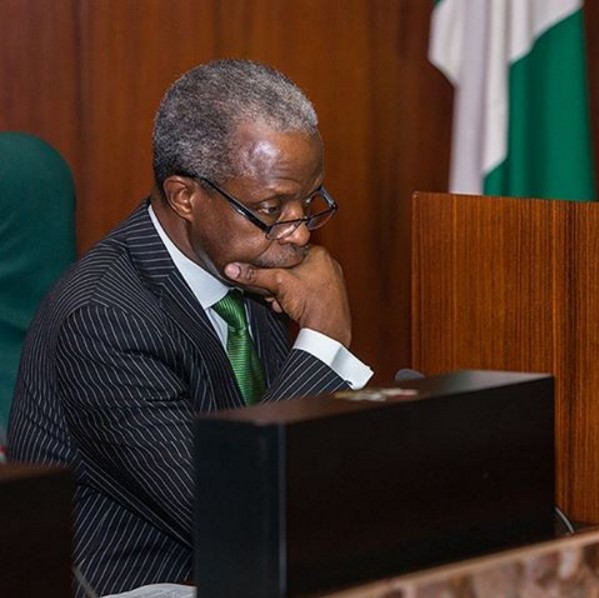
After three days of stormy deliberations over the belated 2017 budget, the Presidency and the National Assembly, NASS, have resolved all the grey areas that prevented the President from assenting to the Appropriation Bill passed into law by the legislature last month.
A top Presidency source confirmed to
Vanguard, last night, that the major areas of disagreement had been resolved by the two sides, paving the way for the President to assent to the bill, which is already six month late in coming and holding back major financial transactions of the government.
As a result of the deal struck by both parties, there were indications that the President would assent to the bill before the end of this week, although the presidential source simply said: “We will sign it soon,” declining to specify the date and time.
The meetings by the Presidency and the leadership of the NASS took place on Sunday, Monday and Tuesday before the areas of conflict were resolved, according to competent sources close to the deal.
Vanguard learned that as part of the understanding between the two sides, the lawmakers would not insist on the full implementation of the “over 400 strange projects,” which the lawmakers brought into the budget and would also not accuse the executive of not complying with the full implementation of the law.
“It is true that all the contentious issues that delayed the President’s assent had been resolved. Hopefully, the president will assent to the budget soon,” the official confirmed to
Vanguard , yesterday.
It was learnt that the lawmakers had also accepted that money taken away from major infrastructure projects by the lawmakers and added to other obscure projects, be returned to those projects as outlined by President Muhammadu Buhari in the budget sent to the NASS even though the president would sign the bill as transmitted to him by the NASS.
The Presidency had frowned at the insertion of strange projects mostly roads, health centres, recreational centres, water and electricity schemes, which are under state and local governments that were never evaluated, designed or included in the federal government.
The executive was also upset that while NASS slashed the votes for other vital projects and MDAS, it jerked its own votes from N115 billion to N125 billion even with the hard times.
Beyond that, NASS also increased the budget by N143 billion without explaining where the additional cash would be derived from, a development that made the executive to distance itself from the fiscal document, contending that the “distortions” would adversely affect the implementation of the budget.







